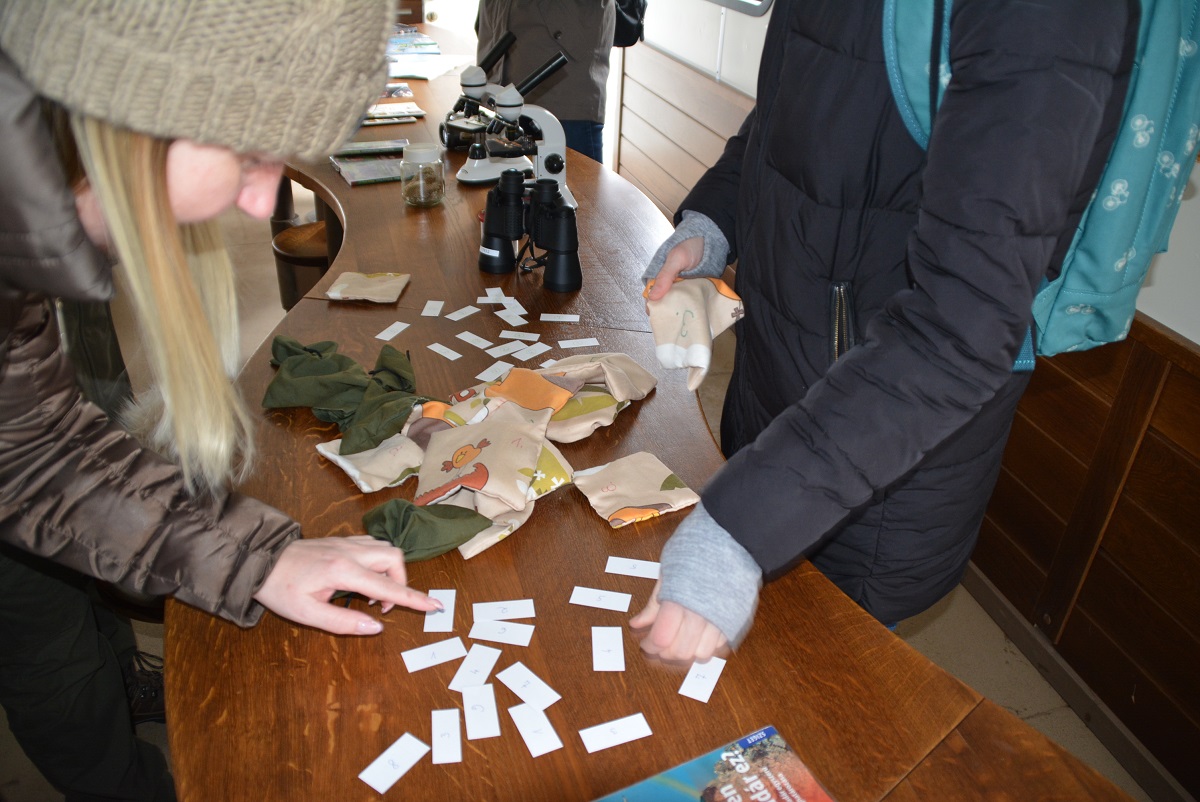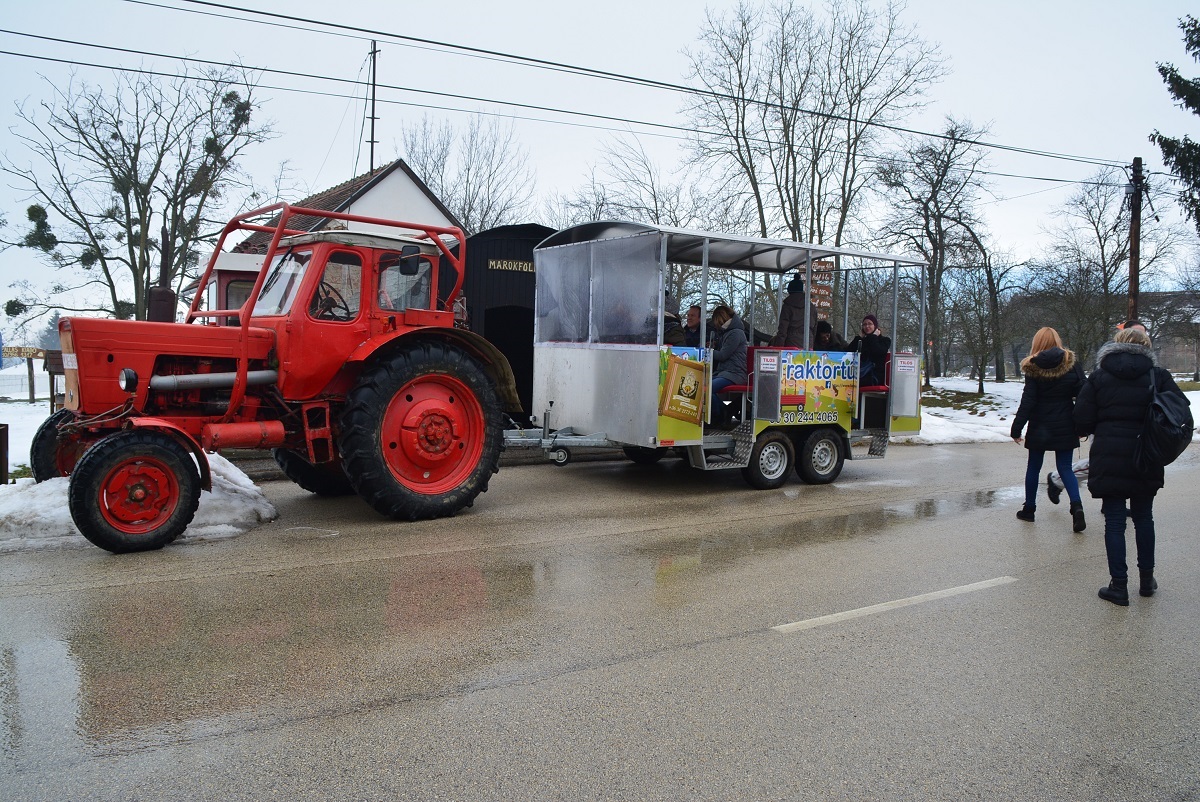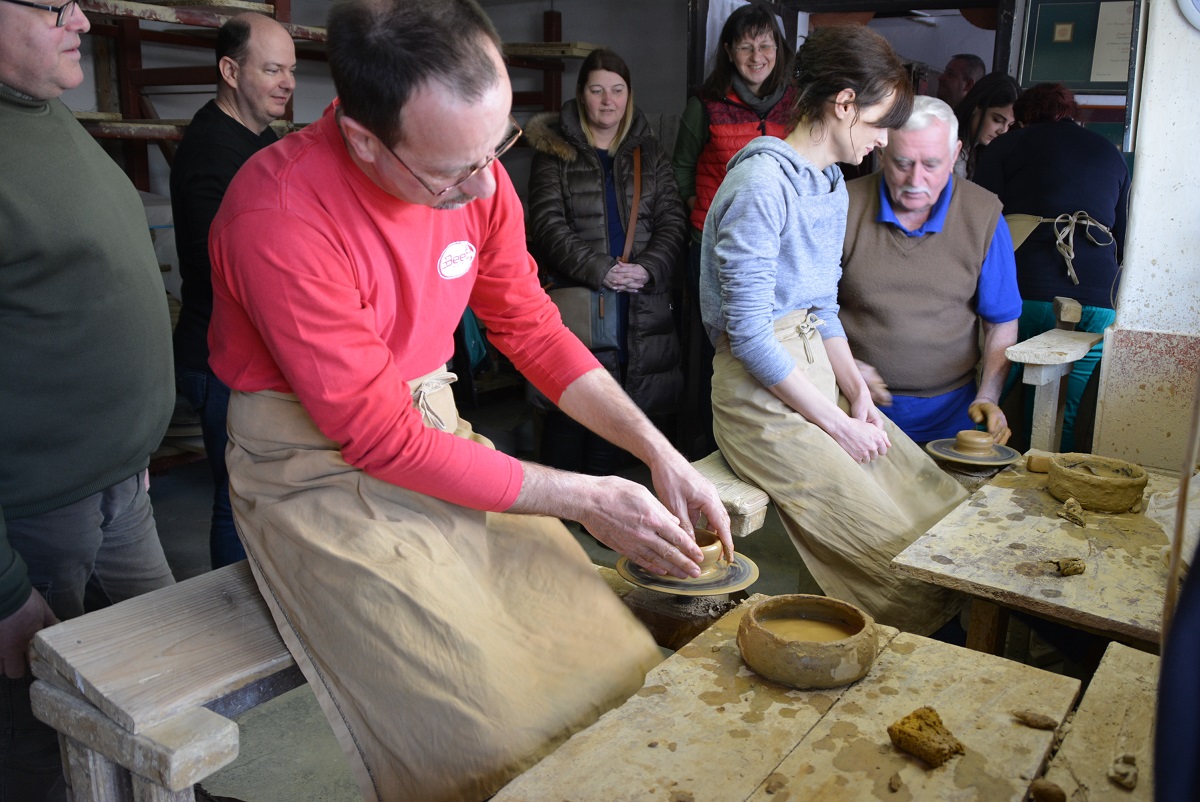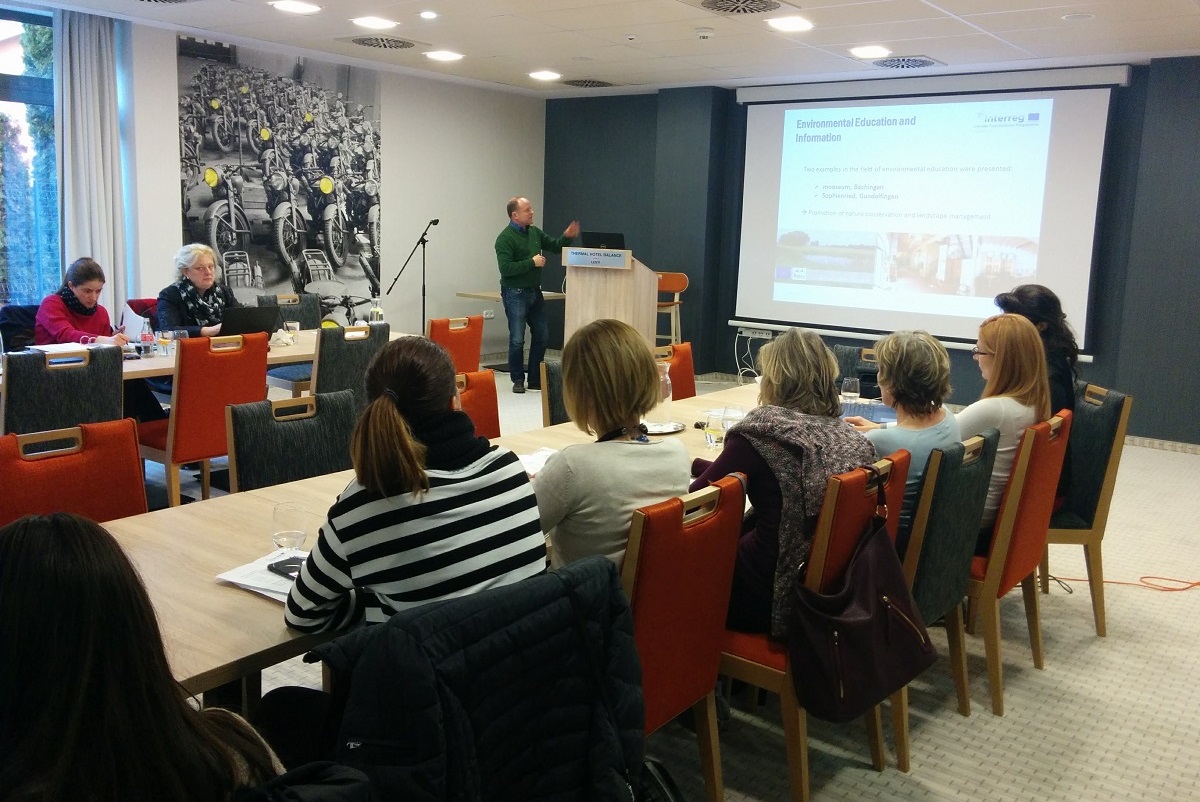INSiGHTS - Partners learning about IT solutions development in tourism
13-03-2018
Lenti, the centre of the less-developed part of Zala County with favourable conditions for slow, healthy and green tourism, was the location of the INSiGHTS project partners meeting hosted from March 6 – 9, 2018 by Zala County Council. Due to its location this area was partly closed and not industrialized after the 2nd World War, therefore the region was able to preserve its traditions and gastronomy. The focus of the visit was on the transnational learning and exchange on green, healthy tourism and IT solutions in destination management. Partners were introduced to the best practices of Zala County, starting with the narrow-gauge railway drive, bunker and tractor tours, traditional pottery workshop and Patóhill Winery Village.
Partners met on Tuesday afternoon at the 4-star Thermal Hotel Balance Lenti and were welcomed by László Vigh, a member of the National Parliament of Hungary. A representative of Zala County Government Tünde Molnárné Gazdag held a short introduction on Zala County, followed by a Master Class on a stakeholder involvement for tourism and product development presented by prof. Ulrike Pröbstl-Haider from BOKU University. Two professional presentations on developing apps based on an open tourism database presented by János Sikala from INFOtec Ltd. and the ‘Smart Destination’ concept presented by Sándor Semsei from CHROME-SOFT Ltd. were also part of the project’s Master Class.
Wednesday started with the visit of the exhibition „Treasure of Göcsej, the forests and the wood” and trip to Csömödér by a narrow-gauge railway. The 32 km long railway between Lenti and Kistolmács is used for passenger transport. The trains go through cosy villages, connecting several tourist attractions in the southern part of Zala. The owner (Zalaerdő Company) has also established a Clattering Forest School with a special railway carriage for tutoring equipped with all the necessary traditional and digital equipment, so students can observe and examine the flora and fauna of the forests, waters or meadows.
The day continued with a Bunker tour in Lovászi, a memento of the Cold War in the 1950s. The elements of the so called “Hungarian Maginot-line”, a 630 km long defence line along the southern border region of the country, can be visited in the forests near the village of Lovászi. Nowadays, thematic tours are organized here for tourists in order to discover the old bunkers and other remnants of the defence line. It is a good example of how to utilize the historical places as tourist destinations.
This was followed by the thematic meeting and steering committee meeting in the Pearl of Gosztola Wellness Hotel. Mr. Gusztáv Csomor, the project officer from the Joint Secretariat of the Danube Transnational Programme joined the partners at the 1st Year Review of the INSiGHTS project where the status of the project implementation and progress of the work packages were discussed. There were project management issues and communication activities presented along with the „Smart model for integrated slow, green and healthy tourism development” methodology.
The day was concluded with a dinner in Márton Winery, a family owned business in Lenti-hill. The owner’s main aim is to get the visitors familiar with the local wines of the Slovenian-Hungarian border region and offer them traditional local food in their authentic wine-cellar.
On Thursday partners travelled to Márokföld where they took a Tractor tour to Hetés. During the tractor trip people could get to areas, which are not easily reachable by car and too far by bicycle or on foot. Partners were able to test their skills on the throwing-wheel and make their own pots at the pottery workshop of Rezső Csótár in Szentgyörgyvölgy. The old master and his open and friendly hospitality are in natural harmony with the inherited tradition of the profession.
The last stop of the study visit was the Patóhill Winery Village. There were six old wine cellars renewed as a winery village in the vineyards of the little village Petrikeresztúr. The romantic wine-houses lie far from any settlements, near to the forests offering a peaceful place for relaxing and getting close to nature.
The next multilateral study visit will take place in Romania in June 2018.




